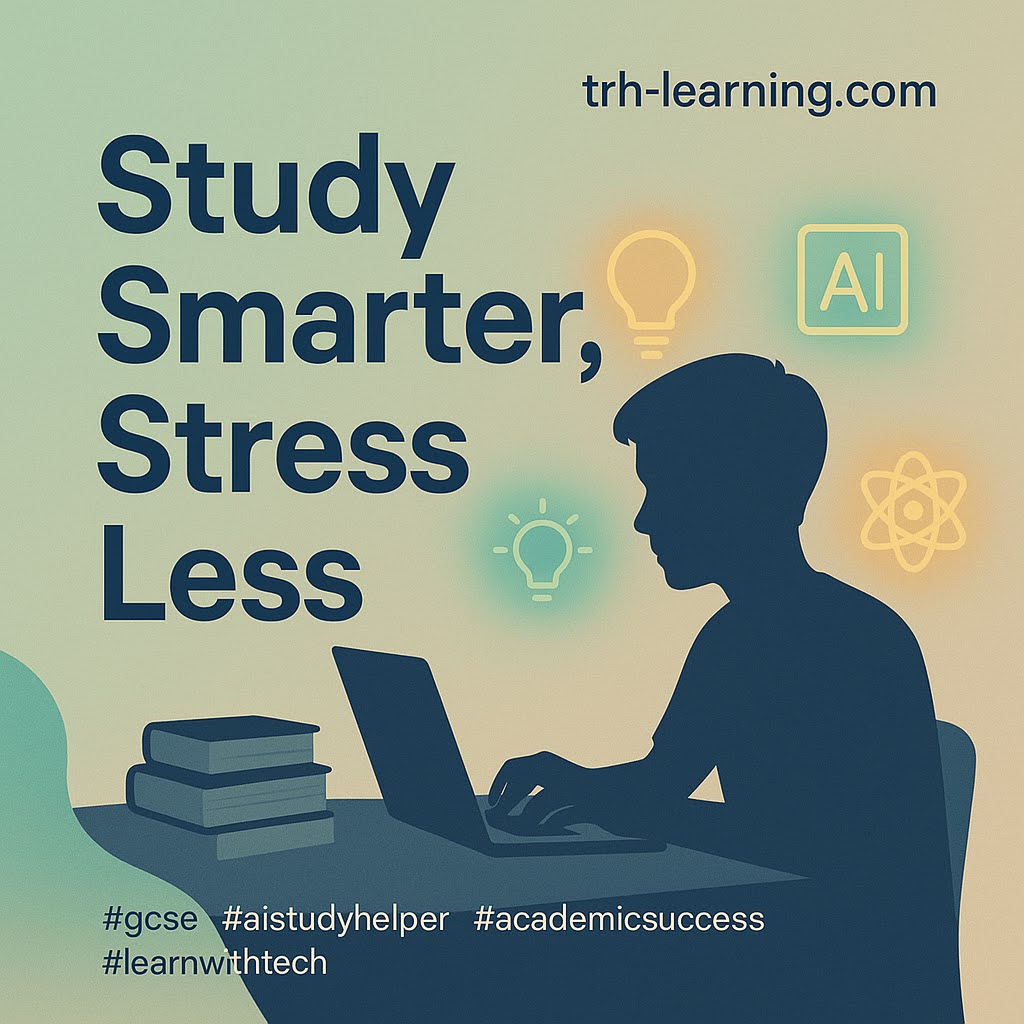"Navigating 2024 GCSE Challenges: Emerging Educational Trends and Student Solutions"
Emerging Educational Trends and Student Solutions
Navigating 2024 GCSE Challenges: Emerging Educational Trends and Student Solutions
As we step into 2024, the landscape of education continues to evolve, presenting both challenges and opportunities for students preparing for their General Certificate of Secondary Education (GCSE) exams. With technological advancements, shifting educational paradigms, and the lingering effects of the pandemic, students and educators alike must adapt to new trends and solutions. In this blog post, we'll explore the emerging educational trends impacting GCSEs and offer practical solutions for students to navigate these challenges successfully.
Emerging Educational Trends
1. Digital Learning Environments
The integration of technology in education has accelerated, with digital learning environments becoming a staple in classrooms. Online platforms, virtual classrooms, and educational apps are now integral to the learning process. This shift not only provides students with access to a wealth of resources but also requires them to develop digital literacy skills.
Solution: Students should familiarize themselves with various digital tools and platforms. Engaging with online resources such as Khan Academy, BBC Bitesize, and Quizlet can enhance understanding and retention of complex subjects. Additionally, participating in virtual study groups can foster collaboration and peer learning.
2. Personalized Learning Paths
Personalized learning is gaining traction, allowing students to learn at their own pace and according to their individual needs. Adaptive learning technologies assess a student's strengths and weaknesses, tailoring educational content to optimize learning outcomes.
Solution: Students should take advantage of personalized learning platforms that offer customized study plans. Tools like Seneca Learning and Edmodo can help identify areas for improvement and provide targeted practice exercises. Setting personal academic goals and tracking progress can also motivate students to stay on course.
3. Focus on Mental Health and Well-being
The importance of mental health in education is increasingly recognized, with schools implementing programs to support student well-being. Stress and anxiety related to exams are common, and addressing these issues is crucial for academic success.
Solution: Students should prioritize self-care and mental health by incorporating mindfulness practices, such as meditation and deep-breathing exercises, into their daily routine. Schools often provide counseling services, and students are encouraged to seek support when needed. Balancing study with leisure activities can also help maintain a healthy mindset.
4. Interdisciplinary Learning
The traditional boundaries between subjects are blurring, with interdisciplinary learning encouraging students to apply knowledge across different domains. This approach fosters critical thinking and problem-solving skills, essential for real-world applications.

Solution: Students can engage in interdisciplinary projects or activities that combine subjects like science, technology, engineering, arts, and mathematics (STEAM). Participating in clubs or competitions that require cross-disciplinary skills can enhance creativity and innovation.
Student Solutions for GCSE Success
1. Effective Time Management
Time management is crucial for balancing study, extracurricular activities, and personal life. Creating a structured study schedule can help students allocate time efficiently and avoid last-minute cramming.
Solution: Utilize planners or digital calendars to organize study sessions and deadlines. Break down study material into manageable chunks and set specific, achievable goals for each session. Regularly reviewing and adjusting the schedule can ensure it remains effective.
2. Active Learning Techniques
Active learning involves engaging with the material through discussion, practice, and application, rather than passive reading or listening. This approach enhances comprehension and retention.
Solution: Employ techniques such as summarizing information in your own words, teaching concepts to peers, and using flashcards for self-quizzing. Incorporating visual aids like mind maps and diagrams can also aid in understanding complex topics.
3. Seeking Feedback and Support
Constructive feedback from teachers and peers can provide valuable insights into areas needing improvement. Collaboration and support networks are vital for academic growth.
Solution: Regularly seek feedback on assignments and exams to identify strengths and weaknesses. Join study groups or forums where students can share resources and support each other. Don't hesitate to ask teachers for clarification or additional help when needed.
Conclusion
The 2024 GCSE landscape presents unique challenges and opportunities for students. By embracing emerging educational trends and implementing effective strategies, students can navigate these challenges with confidence. As education continues to evolve, adaptability and resilience will be key to achieving academic success and preparing for future endeavors. Remember, the journey to GCSE success is not just about passing exams but also about developing lifelong skills and a passion for learning.
Browse Categories 📚
Ready to boost your learning? Explore our comprehensive resources above, or visit TRH Learning to start your personalized study journey today!